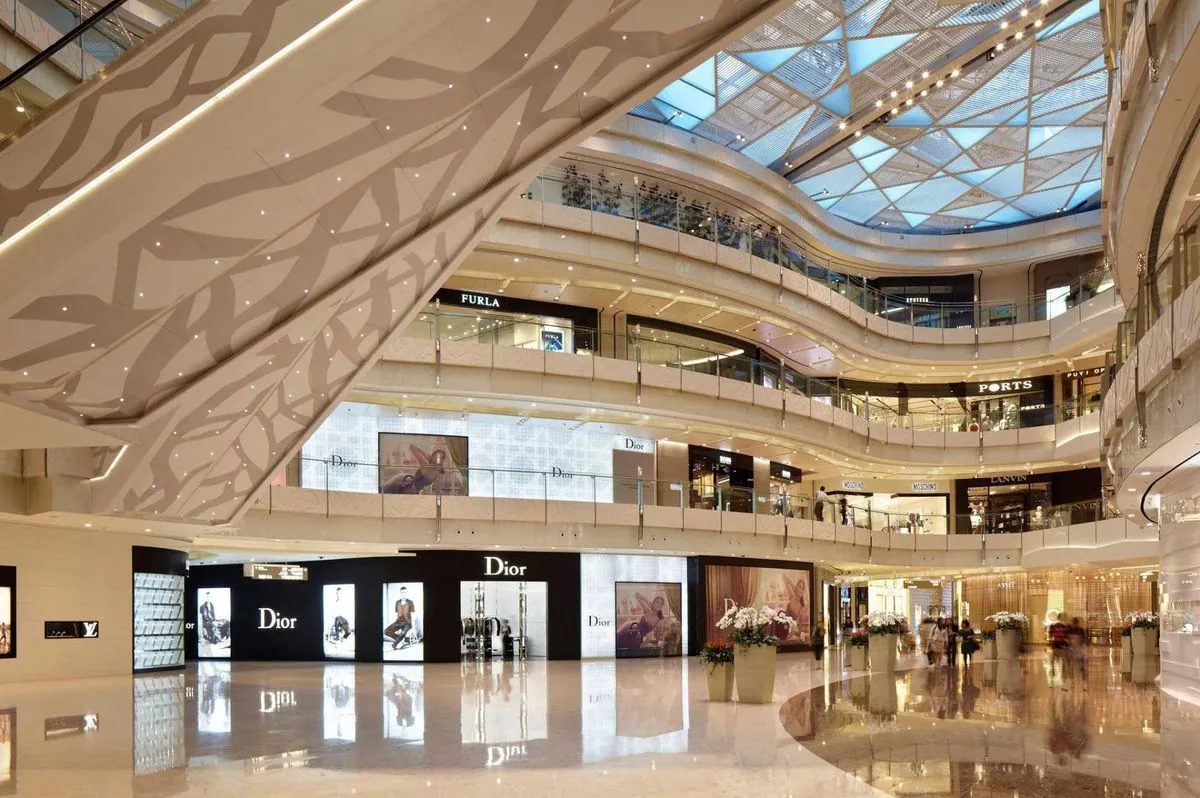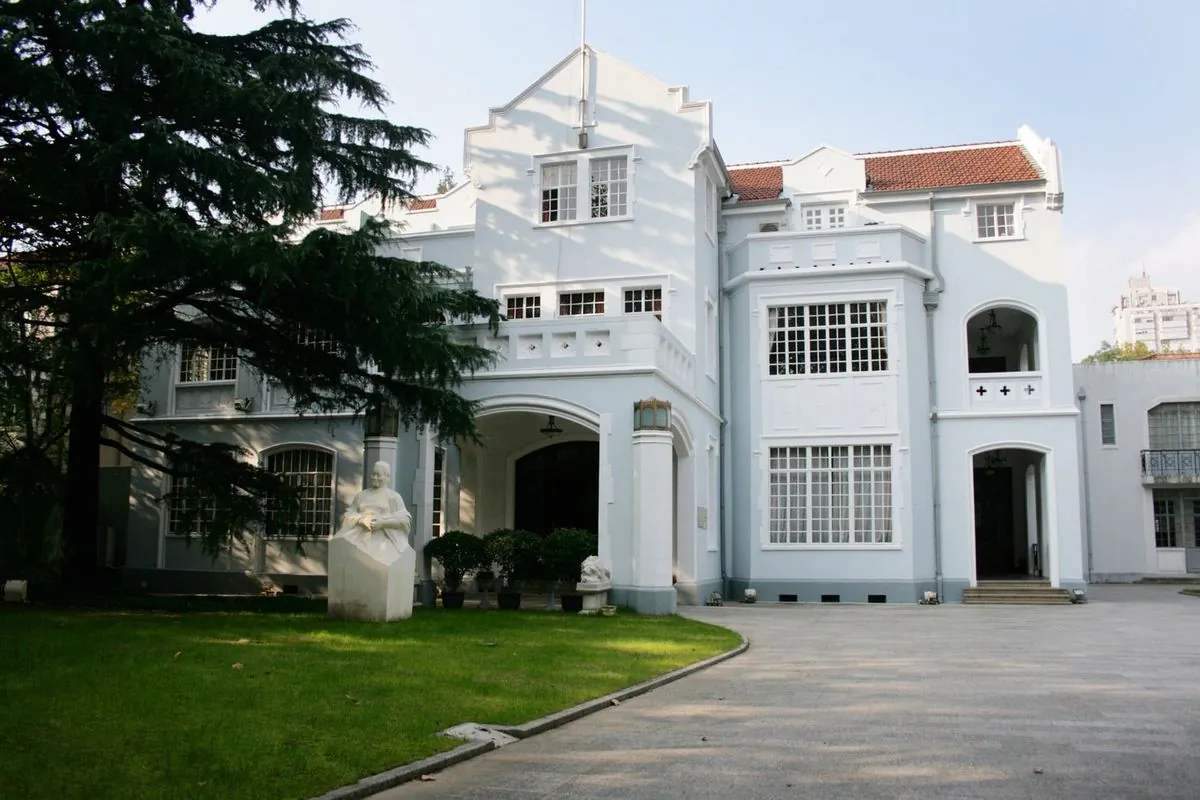Shanghai's Luxury Malls Mask China's Growing Economic Divide
A visit to a high-end Shanghai mall reveals stark contrasts in China's economy. While affluent shoppers indulge in luxury brands, the country grapples with demographic challenges and a widening wealth gap.

In the summer of 2024, a visit to a luxurious shopping mall in Shanghai provided an unexpected glimpse into China's evolving social and economic landscape. This experience highlighted the growing divide between the country's affluent urban elite and the rest of its population.
Shanghai, China's largest and one of its wealthiest cities, has long been known for its shopping malls. However, the IAPM Mall on Middle Huaihai Road in the former French Concession area stood out as a testament to China's rapid transformation over the past decade.

The mall's anchor store, a massive Prada outlet, along with other high-end brands like Gucci, Miu Miu, and Dolce & Gabbana, showcased China's embrace of luxury consumerism. The clientele, dressed in the latest fashions, exuded an air of affluence and sophistication rarely seen even in upscale malls in Beijing, Chengdu, or Xi'an.
This opulent display contrasted sharply with recent narratives about China's economic challenges:
- Weak consumer demand
- Declining investment
- Housing market crisis
Despite these concerns, the mall's patrons seemed unaffected, indulging in expensive meals and shopping sprees. This scene starkly differed from the author's observations in more ordinary malls, where foot traffic was high but actual purchases were limited.
The experience highlighted China's increasing social bifurcation and growing inequality. While a segment of the population enjoys material comfort and access to luxury goods, many others struggle with economic uncertainty.
This divide is further evidenced by recent demographic trends. Since 2013, when Xi Jinping became China's leader, first marriages have decreased by more than half. Birth rates have also plummeted, with 2022 seeing only half the number of births compared to 2016.
Demographer Nicholas Eberstadt notes that China's fertility rate decline surpasses even historical events like the collapse of the Soviet Union, Mao Zedong's Great Famine, or the Cambodian genocide.
"Stay out of politics, focus on getting rich."
As China faces these challenges, it must reconsider its social compact. While the urban elite may find solace in material comforts, the country needs to address the economic security and opportunities for its broader population to slow its demographic decline and bridge the widening wealth gap.


































